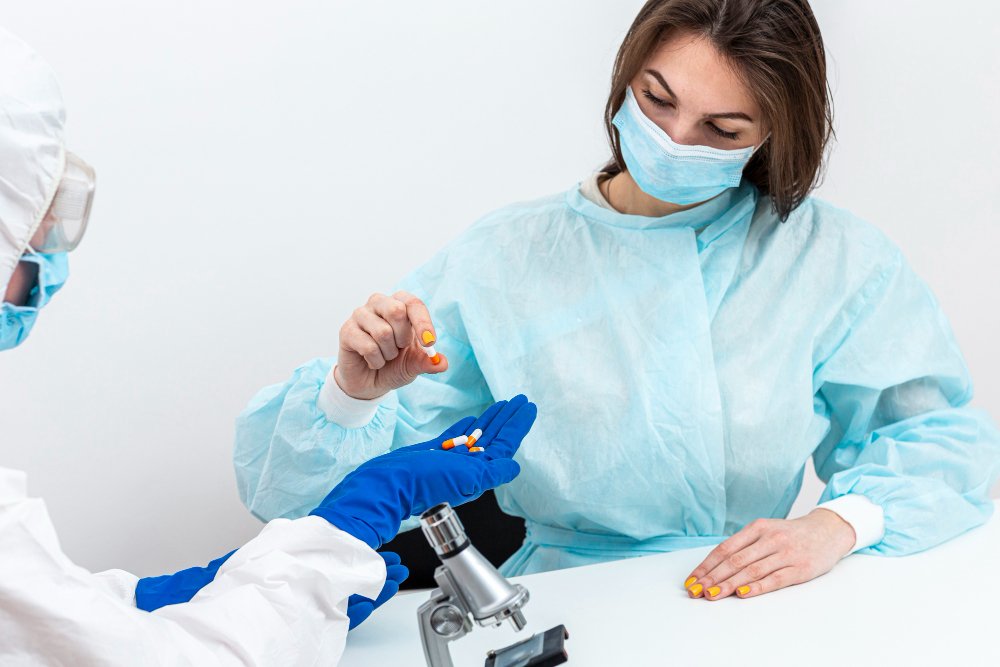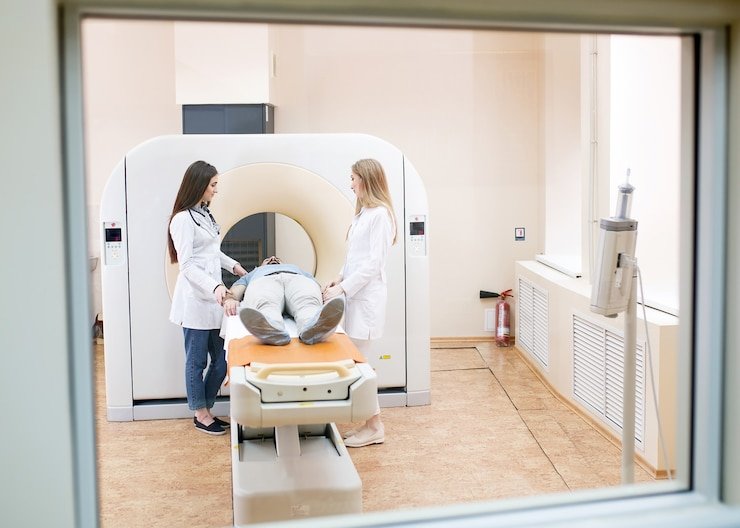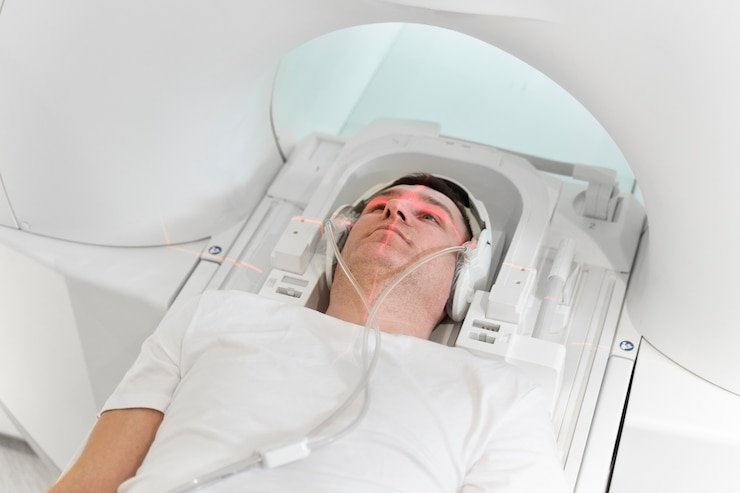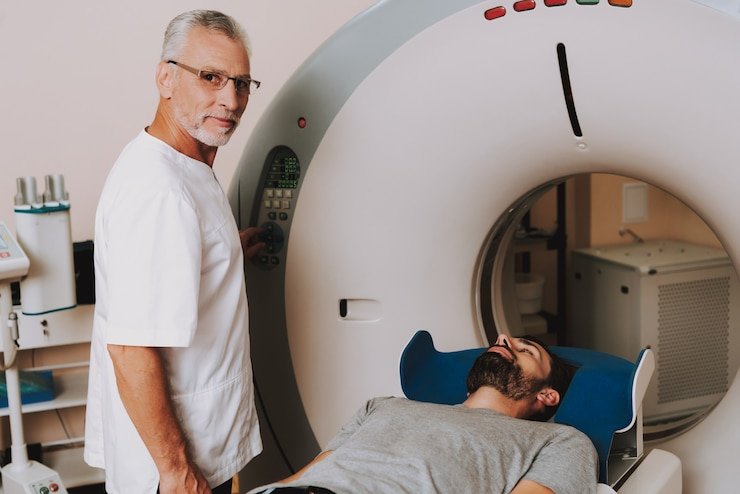Ultimate Guide to Understanding Cancer Vaccination and Biopsy Procedures.
Cancer vaccination and biopsy procedures are critical aspects of cancer prevention, diagnosis, and treatment. Vaccination can help prevent certain types of cancers, while biopsies are essential for diagnosing cancer and guiding treatment decisions. Whether you’re seeking information for yourself or a loved one, understanding these procedures is crucial for navigating the complexities of cancer care. This ultimate guide will provide you with comprehensive insights into cancer vaccination and biopsy procedures. Best Gynaecologic Oncology in Rohini
To Know More About It Please Click Here
Understanding Cancer Vaccination
Cancer vaccines are designed to stimulate the immune system to recognize and destroy cancer cells. They can be used for preventing specific cancers or treating existing cancers by boosting the body’s immune response.
Types of Cancer Vaccines
- Preventive (Prophylactic) Vaccines:
- These vaccines are given to prevent certain types of cancer before exposure to cancer-causing agents (e.g., human papillomavirus (HPV) vaccine to prevent cervical cancer).
- Therapeutic Vaccines:
- Used to stimulate the immune system to target and destroy cancer cells, often as part of cancer treatment (e.g., Sipuleucel-T for prostate cancer).
Key Considerations for Cancer Vaccination
- Targeted Cancers: Cancer vaccines are specific to certain types of cancer based on their underlying causes.
- Effectiveness: Vaccines may vary in effectiveness depending on the type of cancer and individual factors.
- Safety and Side Effects: Like any vaccine, cancer vaccines can have side effects. Consult with your healthcare provider to understand potential risks and benefits.
Understanding Cancer Biopsy Procedures
A biopsy involves the removal and examination of a tissue sample to diagnose cancer and determine its characteristics. Biopsies are essential for confirming cancer, identifying cancer types, and guiding treatment decisions.
Types of Biopsy Procedures Best Gynaecologic Oncology in Rohini
- Needle Biopsy:
- Involves using a thin needle to extract a tissue sample from a tumor or suspicious area. Types of needle biopsies include fine-needle aspiration (FNA) and core needle biopsy.
- Surgical Biopsy:
- Requires surgical removal of a tissue sample through a minor procedure. Types of surgical biopsies include excisional biopsy and incisional biopsy.
Key Considerations for Cancer Biopsy
- Diagnostic Accuracy: Biopsies provide crucial information about the cancer’s characteristics (e.g., type, grade) to guide treatment planning.
- Procedure Risks: Biopsies carry risks such as bleeding, infection, and damage to surrounding structures. Your healthcare team will discuss potential risks and benefits before the procedure.
- Pathology Analysis: The tissue sample obtained during a biopsy is examined by a pathologist to confirm the presence of cancer and provide detailed information for accurate diagnosis.Best Gynaecologic Oncology in Rohini
To Know More About It Please Click Here
Conclusion
Cancer vaccination and biopsy procedures play vital roles in cancer prevention, diagnosis, and treatment. Cancer vaccines can prevent certain types of cancers, while biopsies provide essential diagnostic information to guide personalized cancer care. If you or someone you know is considering cancer vaccination or undergoing a biopsy, it’s essential to consult with healthcare professionals for personalized guidance and support. By understanding these procedures and their implications, individuals can make informed decisions and access appropriate care to manage cancer effectively. Stay informed, stay proactive, and prioritize your health in the fight against cancer. Best Gynaecologic Oncology in Rohini








